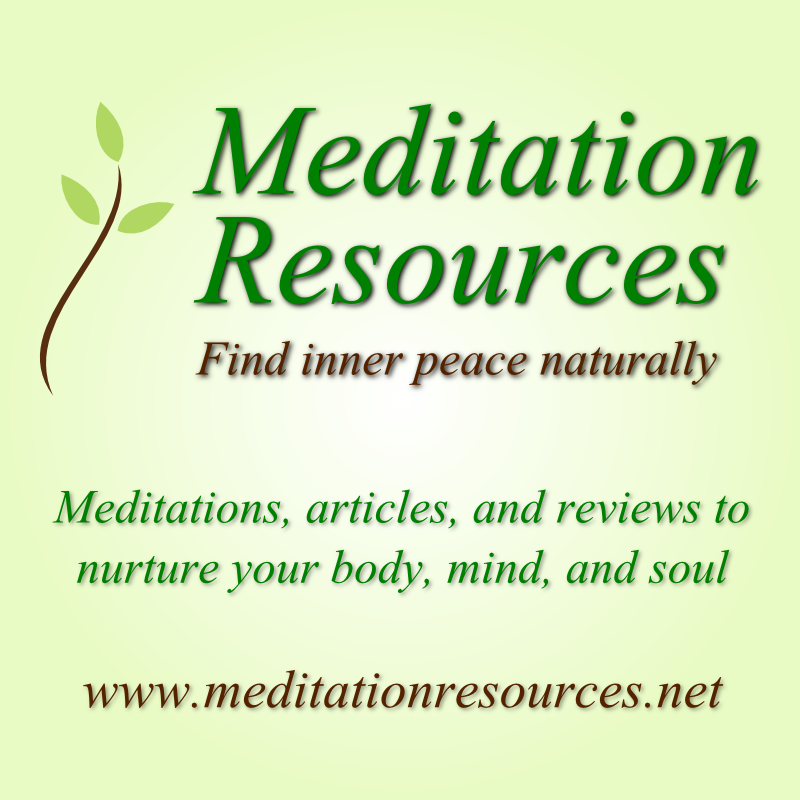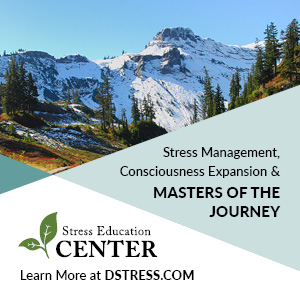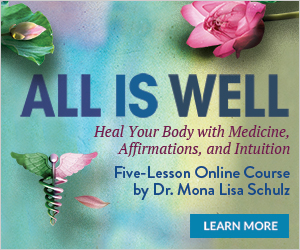What is Holistic Healing?
by Curt Remington, author of Simple Meditation
When it comes to health and healing practices, a lot of terms get tossed around, like holistic, Western medicine, complimentary and alternative medicine (CAM), and integrative medicine. You may wonder, what do all these terms mean? Why should I consider a holistic approach? I’ll start with a few definitions.
A Few Healthcare Definitions
Holistic Healing
Holistic healing refers to an approach that considers the whole person – body, mind, and spirit. If one aspect is out of balance, it can affect the other aspects, including your physical health. For example, an abusive upbringing could cause emotional issues that lead to blocks in your energy system. These blocks can manifest as physical ailments or dis-ease. When we’re at ease, with everything in balance, we’re much less likely to get sick.
 In using a holistic approach, there are a wide variety of therapy types you might consider along with conventional medicine: acupuncture, aromatherapy, Ayurveda medicine, improved diet, naturopathy, homeopathy, spiritual counseling, yoga, energy work, bodywork, chiropractic, and more. Holistic healing really goes beyond just addressing problems,. It can mean adapting a lifestyle that optimizes your health and well-being, like exercising regularly and adapting a meditation practice.
In using a holistic approach, there are a wide variety of therapy types you might consider along with conventional medicine: acupuncture, aromatherapy, Ayurveda medicine, improved diet, naturopathy, homeopathy, spiritual counseling, yoga, energy work, bodywork, chiropractic, and more. Holistic healing really goes beyond just addressing problems,. It can mean adapting a lifestyle that optimizes your health and well-being, like exercising regularly and adapting a meditation practice.
Complementary and Alternative Medicine (CAM)
Complementary medicine refers to using a “non-mainstream” approach, like those modalities mentioned above, along with conventional medicine. Alternative medicine refers to using a “non-mainstream” approach instead of conventional medicine.
The use of CAM approaches has been growing. According to a 2007 US government study, 38% of adults had used complementary and alternative medicine (CAM) in the past 12 months, up from 36% in 2002. Much of the rest of the world has been using alternative therapies for years. According to the World Health Organization, 65-80% of the world’s population rely on holistic medicine as their primary form of health care.
Integrative Medicine or Integrative Healthcare
The Consortium of Academic Health Centers for Integrative Medicine defines IM as “the practice of medicine that reaffirms the importance of the relationship between practitioner and patient, focuses on the whole person, is informed by evidence, and makes use of all appropriate therapeutic approaches, healthcare professionals and disciplines to achieve optimal health and healing.” As you may have noticed, this comes pretty close to describing holistic healing.
This integrative health care approach has been growing among providers that have been considered traditional. According to CNN, half of all medical schools now offer courses in alternative therapies, including Harvard, Yale, John Hopkins, and Georgetown. In 1998, 6% of hospitals had CAM services available. By 2001, that number had grown to 23%.
Western Medicine
According to Macmillan dictionary, Western Medicine is “the type of medical treatment that is most popular in North America and Western European countries, based on the use of drugs and surgery to treat symptoms (signs of illness).” This is what we typically think of as conventional medicine.
Benefits of Holistic Healing
By adapting a holistic healing approach, a person can live a healthier and happier lifestyle, preventing disease rather than simply trying to fix or cure problems.
- When dealing with many CAM providers, patients often report feeling more like a whole person, rather than a set of symptoms.
- Patients often seek alternative therapies because their symptoms are not responding to conventional treatment.
- Many CAM therapies have stood the test of time with fewer risks of side effects than many prescription drugs and conventional treatments.
- Holistic healing encourages people to take charge of their own health and feel empowered.
- Many complementary and alternative healing techniques help us to relax and encourage our own natural healing abilities. For example, when we meditate and let go of stress, our body can work to heal itself. Some forms of meditation and energy work do more than help us relax; they can release blocks in our energy system which can be at the root of dis-ease.
Finding Holistic Healing Providers
To find an appropriate provider, you might start with our Holistic Healing Network directory. You might also ask your doctor, your friends, and do a Google search for keywords like naturopathic doctor or massage therapist. Once you locate a prospective provider, it’s wise to check their credentials and consider if their approach fits well with your views. I would also recommend using your intuition to help guide you in your decision.






